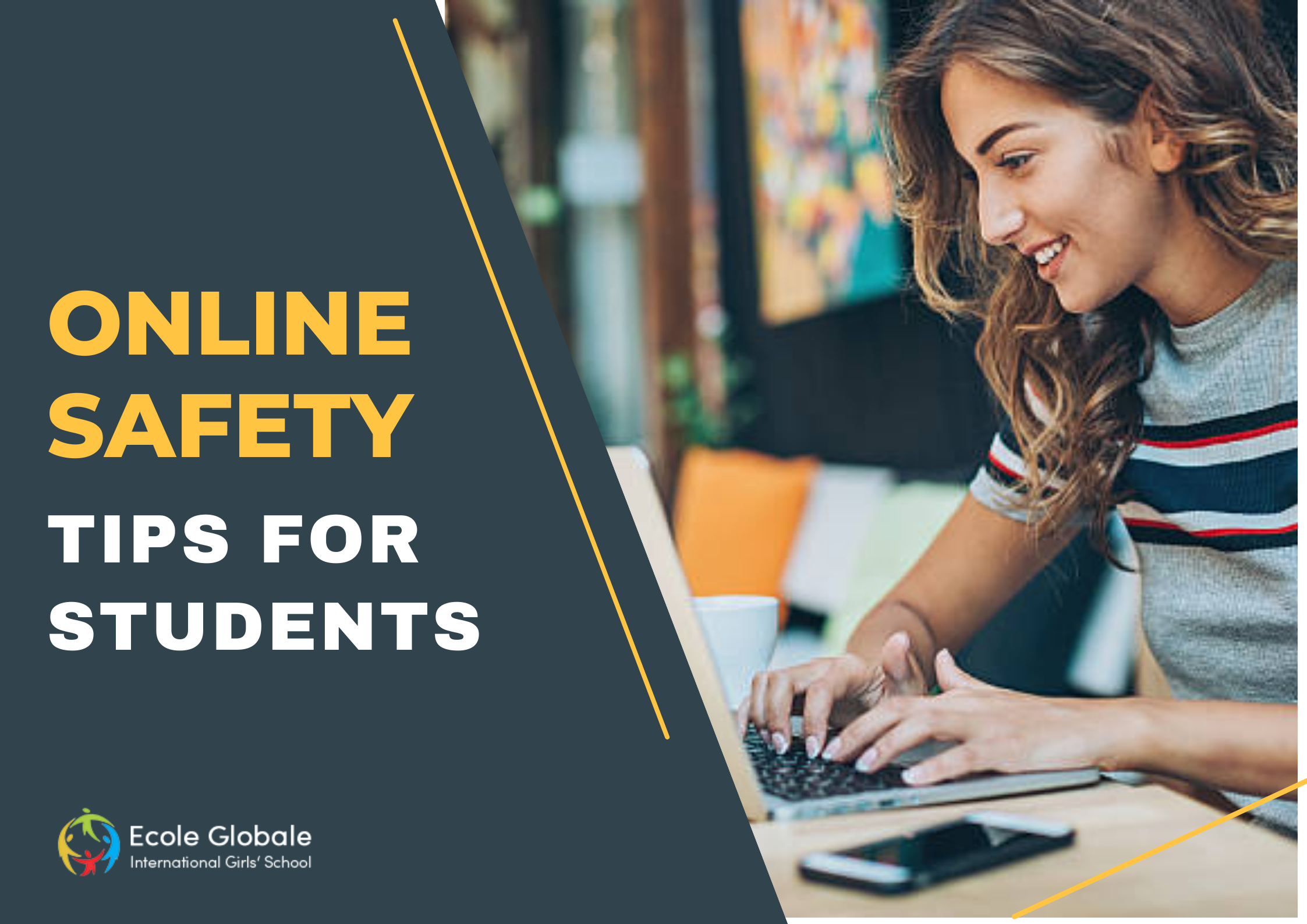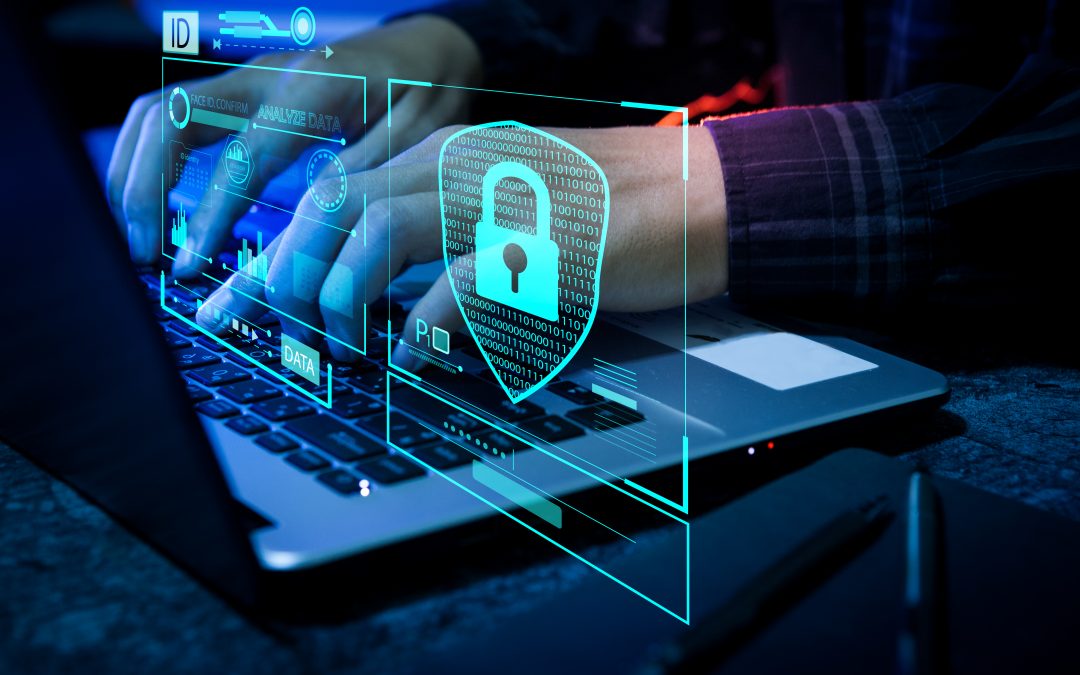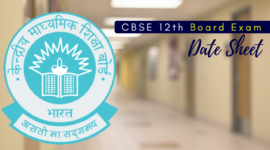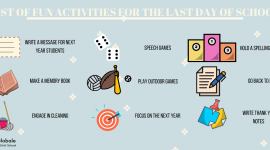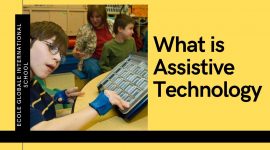In the dynamic and ever-evolving landscape of the digital world, the concept of digital citizenship has emerged as a critical aspect of modern education.
Digital citizenship encompasses a range of skills and behaviors that empower individuals to engage responsibly, respectfully, and safely online with online safety tips.
As technology permeates every aspect of our lives, equipping students with the tools to navigate this digital terrain responsibly becomes imperative.
Online Etiquette: Building a Positive Digital Presence
The Impact of Digital Footprints
Digital footprints are the traces of our online activities and linger in the vast expanse of the internet. Understanding the permanence of digital footprints is akin to recognizing that every post, comment, or interaction contributes to the mosaic of one’s online identity.
Encouraging students to be mindful of their online contributions fosters the development of a positive and constructive digital presence.
Treating Others Online with Respect
Respect forms the bedrock of positive digital citizenship. The golden rule, advocating that individuals should treat others online as they would like to be treated, transcends the boundaries of the digital realm.
Disrespectful behavior not only damages one’s online reputation but also contributes to a negative online culture. Teaching students the value of respect in digital interactions is fundamental to fostering a healthy online environment.
Responsible Social Media Usage
Navigating Social Media Platforms
Social media platforms have become integral to communication, self-expression, and connectivity.
However, responsible usage is paramount. Students should familiarize themselves with popular social media platforms, understand their features, and be adept at managing privacy settings.
Empowering students to control the visibility of their personal information is crucial for maintaining a secure online presence.
Mindful Posting and Sharing
The adage “think before you speak” applies equally to the digital realm—students should think before they post. Every piece of content shared online contributes to an individual’s digital legacy.
Teaching students the impact of their posts, the power of words and images, and the potential long-term consequences of online sharing cultivates a sense of responsibility in their digital interactions.
Cybersecurity Awareness
Protecting Personal Information
Cybersecurity is a cornerstone of digital safety. Students need to adopt practices that safeguard their personal information online.
This includes using strong, unique passwords for different accounts, refraining from sharing sensitive information, and being vigilant against phishing attempts. Understanding the risks associated with oversharing online is crucial for online safety.
Importance of Secure Online Connections
A secure online connection is vital for protecting against a myriad of online threats. Students should use secure Wi-Fi networks, avoid public networks for sensitive activities, and ensure that their devices have the latest software updates and antivirus protection. Proactive cybersecurity practices contribute to a safer and more secure online experience.
Online Communication: Effective and Safe Interactions
Practicing Netiquette in Digital Communication
Netiquette, a portmanteau of “internet etiquette,” is the code of conduct governing online communication. Students should communicate politely and clearly, avoiding language that may be perceived as offensive.
Miscommunication is common in digital interactions, making developing strong communication skills vital for building positive digital relationships.
Recognizing and Reporting Online Harassment
Regrettably, online harassment, including cyberbullying, is a prevalent issue. Students should be aware of different forms of online harassment and know how to recognize them.
Reporting incidents promptly to appropriate authorities or platforms is a responsible and necessary step to address online harassment and create a safer digital environment.
Digital Literacy: Navigating Information Online
Evaluating Online Sources
In an age of information overload, digital literacy is a beacon that guides students through the vast sea of information.
Distinguishing credible sources from misinformation is vital for academic success and informed decision-making. Students should develop the ability to critically evaluate online sources, ensuring the information they consume is reliable and accurate.
Developing Critical Thinking Skills
Critical thinking is a cornerstone of digital literacy. Students should learn to analyze bias in online content, question the authenticity of information, and verify facts before accepting them as truth.
Developing critical thinking skills empowers students to navigate the digital realm with discernment and intelligence.
Balancing Screen Time and Well-being

Understanding the Impact of Excessive Screen Time
While technology offers numerous benefits, excessive screen time can have adverse effects on mental and physical health.
Students should be aware of the impact of prolonged screen exposure and prioritize a balanced lifestyle that includes both online and offline activities with Online Safety Tips for Students.
Encouraging Offline Activities
Promoting face-to-face interactions and offline activities is essential for overall well-being.
Students should strike a balance between academic and leisure screen time, engaging in hobbies, outdoor activities, and spending quality time with friends and family without the presence of screens.
Privacy and Personal Safety Online
The Importance of Protecting Personal Information
Protecting personal information online is a non-negotiable aspect of digital citizenship. Students should avoid oversharing personal details, be cautious about geotagging and location sharing, and understand the potential risks associated with revealing too much information online.
Safeguarding Against Online Predators
Online predators pose a significant threat, especially to younger internet users. Students should be aware of online predatory behaviors, including grooming and manipulation tactics. Reporting suspicious online interactions to trusted adults or school authorities is crucial for personal safety.
Parental Guidance and Open Communication
The Role of Parents in Digital Citizenship Education
Parents play a pivotal role in guiding students through the complexities of the digital world. Establishing open lines of communication is key to addressing concerns, questions, or challenging situations that may arise online. Parents should actively engage in their children’s digital lives, providing support and guidance.
Collaborating with Parents for a Unified Approach
A unified approach between parents and students fosters a sense of responsibility and accountability. Parents can collaborate with educators to reinforce digital citizenship lessons, attend workshops or seminars on online safety, and stay informed about emerging trends and challenges in the digital landscape.
Resources for Continued Learning
Online Courses and Workshops on Digital Citizenship
Numerous online courses and workshops focus on digital citizenship, offering valuable insights and practical tips for responsible online behavior.
Students can explore these resources to enhance their understanding of digital citizenship and stay updated on the latest trends in online safety tips for students.
Educational Apps and Games Promoting Digital Literacy
Educational apps and games are effective tools for promoting digital literacy among students. These resources make learning about online safety tips for students engaging and interactive, reinforcing key concepts in a way that resonates with younger audiences.
Utilizing School Resources and Counselors
Schools often have dedicated resources and counselors who specialize in digital citizenship education. Students should leverage these resources for additional support, whether through counseling sessions, workshops, or access to materials that enhance their understanding of responsible online behavior with Online Safety Tips for Students.
Conclusion
In conclusion, digital citizenship is an essential aspect of modern education, preparing students for a future where digital interactions are integral to daily life. Online Online Safety Tips for Students, cybersecurity awareness, responsible social media usage, and digital literacy collectively contribute to creating responsible and mindful digital citizens.
By incorporating these principles into their online activities with Online Safety Tips for Students, students not only ensure their own safety but also contribute to fostering a positive and respectful digital environment for everyone.
As technology continues to evolve, the lessons learned in digital citizenship will remain invaluable for a lifetime of responsible online engagement and Online Safety Tips for Students. Embracing the principles of digital citizenship ensures that students are not just passive consumers of digital content but active, responsible, and empowered participants in the digital world.






